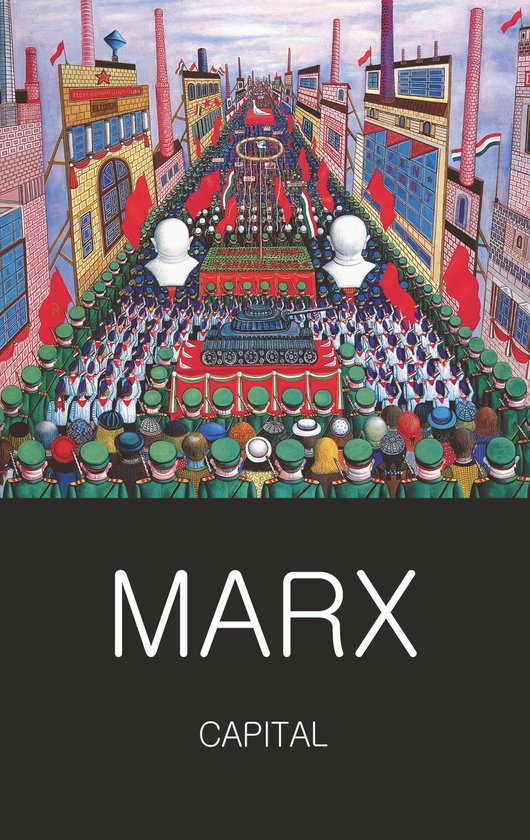
Capital (Das Kapital)
Karl Marx's 'Capital' (Das Kapital) is a seminal work of political economy that delves into the complex relationship between labor, value, and capital in capitalist societies. Written in a comprehensive and analytical style, Marx explores the ways in which capitalism exploits the proletariat for the benefit of the bourgeoisie, highlighting the inherent contradictions within the system. Drawing from a wide range of sources, including classical economics and philosophy, Marx presents a scathing critique of the capitalist mode of production and calls for a revolutionary reorganization of society. 'Capital' is a cornerstone of Marxist theory and has had a lasting impact on social and political thought. Its historical context in the wake of the Industrial Revolution adds depth to its analysis of the economic structures of the time. Karl Marx, a German philosopher and economist, was influenced by the social inequalities and injustices of the 19th century, leading him to develop his theories on capitalism and socialism. His dedication to understanding and challenging the power dynamics of his time fueled his writing of 'Capital'. I highly recommend 'Capital' to readers interested in exploring the foundations of Marxist thought and gaining insights into the critique of capitalism that remains relevant today.
| Auteur | | Karl Marx |
| Taal | | Engels |
| Type | | E-book |
| Categorie | | Economie & Financiën |





